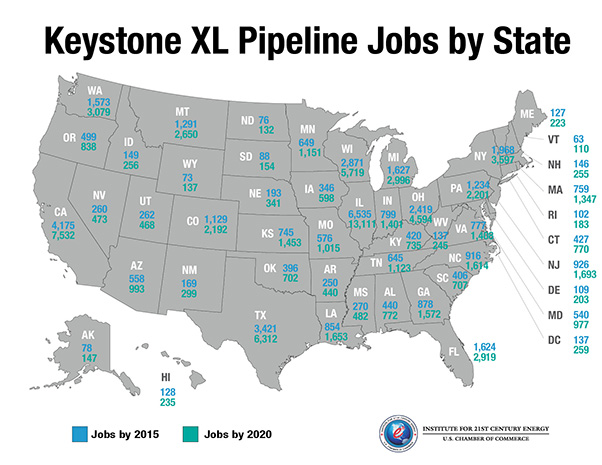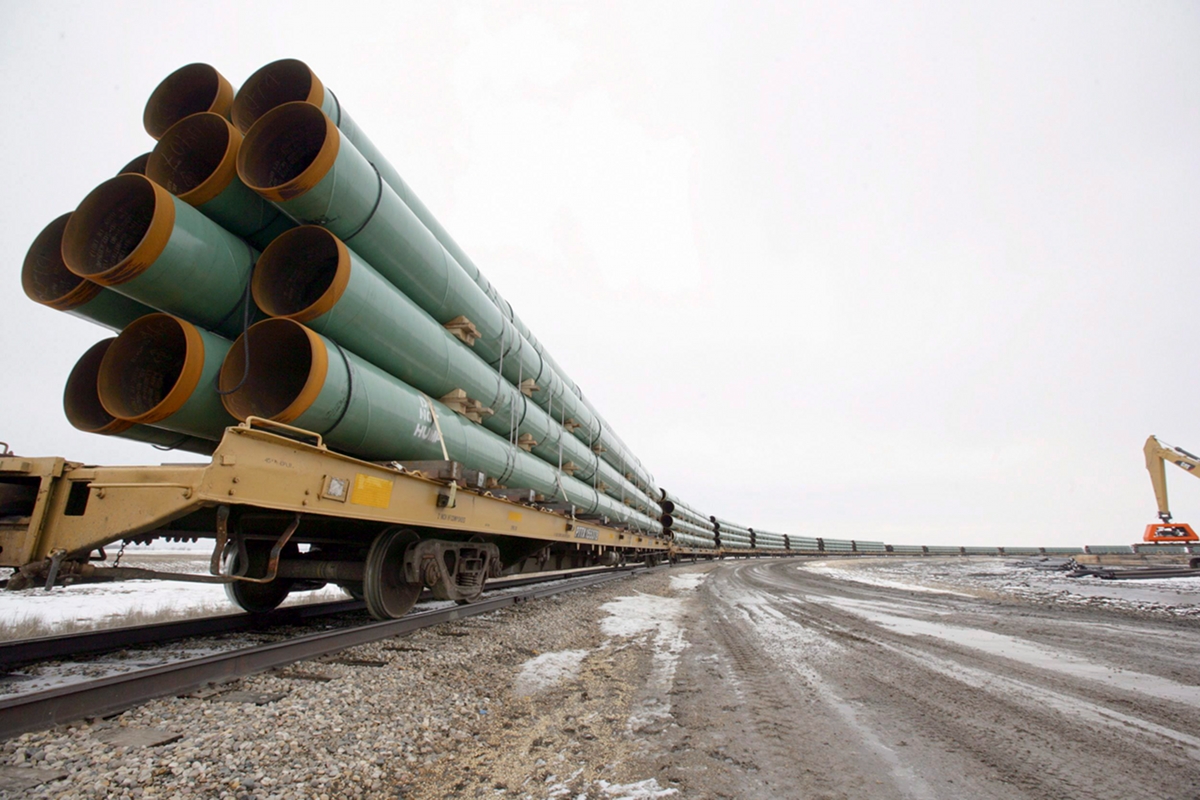Throughout Mrs. MacLean’s grade 10 Social Studies class, the discussion on sustainability in business revolved around several core issues; the most notable of said issues being the Keystone XL pipeline project. That was three long years ago. A vine was a source of grapes, the word “Gangnam” was known only in Korea, and a portion of the world maintained the belief that the world would be ending in December. Yet talks concerning the Keystone XL pipeline project remain at a standstill, with three years yielding little to no progress. It’s funny to consider how much and how little has changed.
Fast forward to present day, and with the Republican Party having recently gained control of both houses, the issue may be taking its first steps towards resolution. As CBC News writer Daniel Schwartz notes, “Before the election, the Democrat-controlled Senate had declined to deal with Keystone XL legislation coming from the Republican-controlled House of Representatives.” However, with the Republicans gaining control of the senate, the project looks all but certain to move forward, it being given a high priority by GOP leadership. Republican National Committee chairman Reince Priebus stated “we will pass the Keystone pipeline, number two,” after passing a budget. Republican Senator John Hoeven echoed the sentiment, saying “Keystone will be one of the first things we pass.”
As the Republicans hasten to push legislation forward, several parties remain convinced that the costs to the environment outweigh the economic and social benefits. While TransCanada CEO Russ Girling maintains that the project has cross-partisan support, several key members of Obama’s political base are wary of the potential environmental damages. From the perspective of John Elkington’s “triple bottom line,” the pipeline’s economic impact is self-explanatory, the social impact pertains to the tens, if not hundreds of thousands of jobs created for a stagnant American workforce, and the environmental impact adheres mainly to the serious harmful effects of a potential spill. Does the potential negative impact outweigh the expected economic and societal benefits? The answer is a resounding no. As Republican Randy Weber stated, “It’s jobs, jobs, jobs.” As the North American economy continues to struggle, the influx of jobs and the overall boost to both the American and Canadian economies will be a driving factor in accelerating their recoveries. As long as TransCanada continues to adhere to environmental legislation, the project can move forward, at long last.
Schwartz, Daniel. “Keystone XL Pipeline Prospects Get Boost from U.S. Election Results.” CBCnews. CBC/Radio Canada, 06 Nov. 2014. Web. 05 Nov. 2014. <http://www.cbc.ca/news/business/keystone-xl-pipeline-prospects-get-boost-from-u-s-election-results-1.2825401>.
Cattaneo, Claudia. “The Return of Keystone XL: U.S. Mid-term Election Battle Rekindles Pipeline Debate.” Financial Post Business. N.p., n.d. Web. 05 Nov. 2014. <http://business.financialpost.com/2014/10/14/the-return-of-keystone-xl-u-s-mid-term-election-battle-rekindles-debate-on-controversial-pipeline/?__lsa=9c17-8ed9>.

